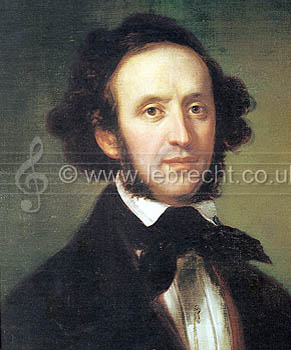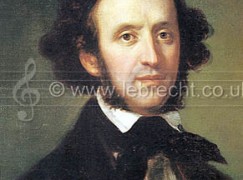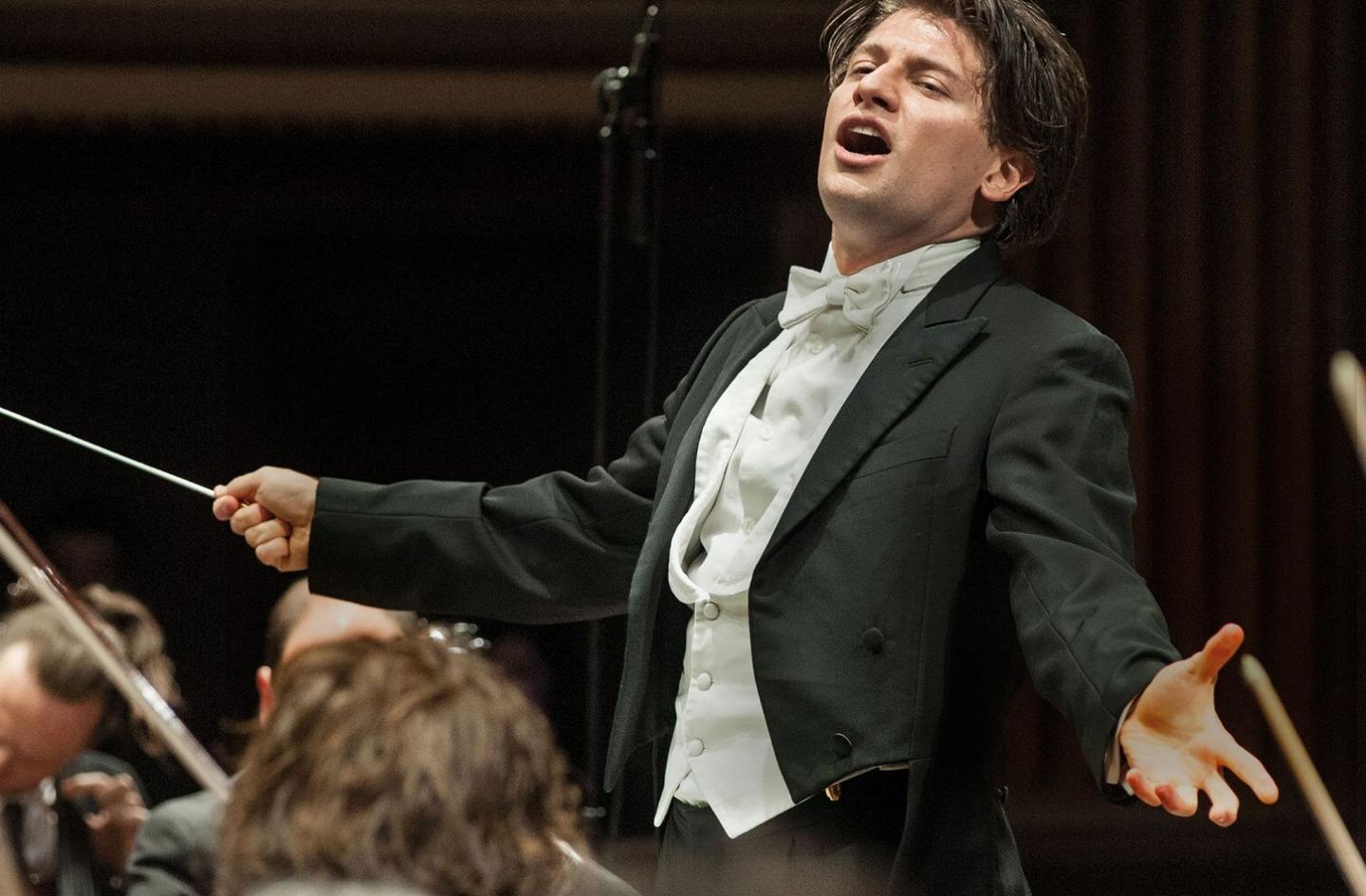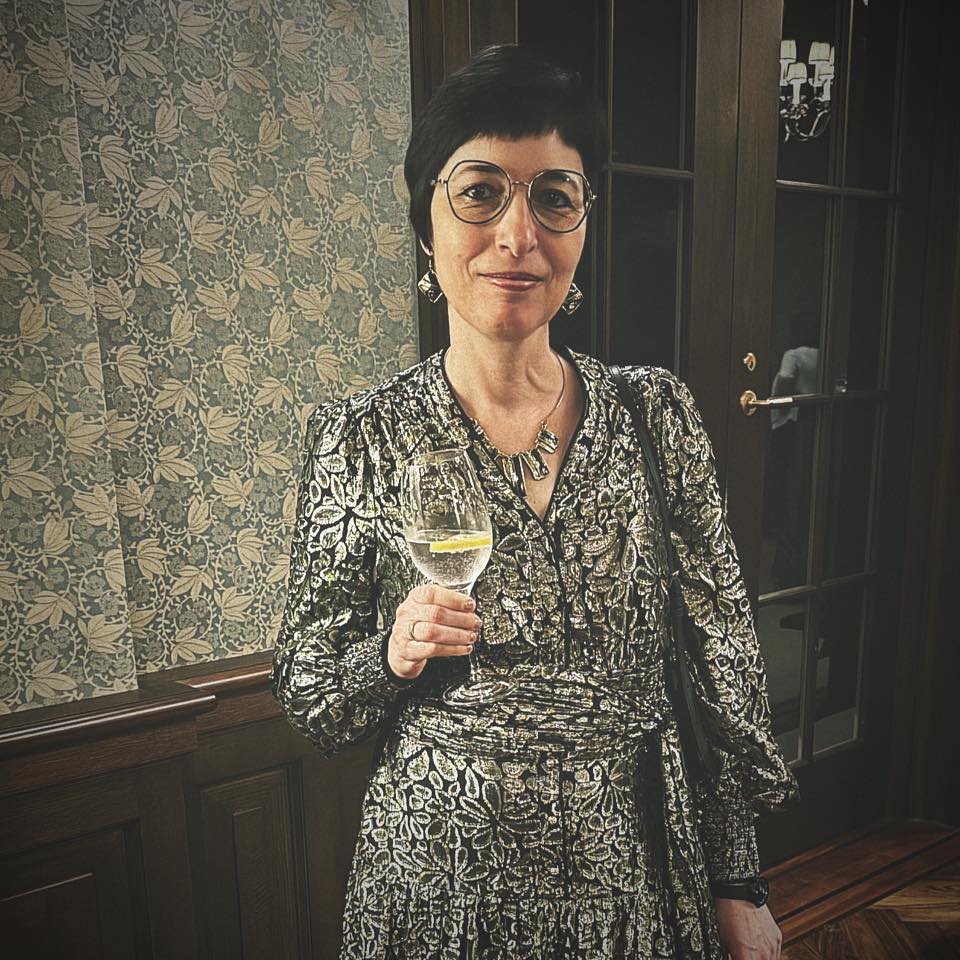Mendelssohn’s Octet – with 100 unheard bars of music
mainThis performance by elite American chamber musician contains 100 bars of unheard music.
The performers are:
Nicholas Kitchen, violin; Shmuel Ashkenasi, violin; Ani Kavafian, violin; Hagai Shaham, violin; Katharina Kang, viola; Paul Neubauer, viola; Antonio Lysy, cello; Beiliang Zhu, cello.

(We apologise for loss of video in an earlier version of this post.)






No link?
The link to this YouTube video isn’t currently showing but this seems to be a reference to a fine concert performance of the youthful Mendelssohn’s original version of 1825 of what he seven years later revised and retitled his “Octet”. You can hear this concert performance (plus a spoken introduction) at
https://www.youtube.com/watch?v=_0lSdJnKNX4
It’s not the first time this original version has been heard – there’s a fine 2011 recording on the Resonus label by the Eroica Quartet (plus equally distinguished friends): it’s really interesting to hear (and see) what FMB later cut when in 1832 he revised the work.
It’s well worth looking at that Resonus CD booklet online at
https://www.resonusclassics.com/freedownload/RES10101_Booklet_300dpi.pdf
as there’s a fine essay by Roy Mowatt, who prepared the edition. The booklet also includes a couple of plates of the original MS., now held in the US Library of Congress, Washington D.C.
Roy Mowatt’s edition of Mendelssohn’s original 1825 version of the octet (this is the edition used by the expanded Eroica Quartet in their 2010 concerts and recording, and also by the Anima Aeterna octet in their later recording) can be found at
https://fountayneeditions.com/product/mendelssohn-octet-op-20-original-version/
It’s really interesting to see what FMB later cut out – it includes some material that is well worth seeing and hearing.
Which performance? Where? I see no link or referral to a recording or YouTube vid….
And that’s a heck of a lineup of great musicians, too….
Is there any explanation as to why this section of this marvellous work has been in the doldrums? Can its authenticity be verified, or is it a conjectural reconstruction?
ok so where is the video or the source?
There’s no link to hear the performance.
Apologies. The link has now been restored
What performance?
How do you listen to this?
Can we have a bit more information, please, Norman? Is this a recording (can’t find it listed anywhere) or a public performance? And where did the 100 bars come from?
Does it actually improve the work? Is it what Mendelssohn wanted or intended or just the will of musicologists?
link, please?
Hi Norman. I can’t see a link to this performance. Is it the original version in the Library of Congress (which we played there in 2010, and recorded for Resonus) or has a new version been discovered?
The link to the video is missing. Here it is: https://www.youtube.com/watch?v=_0lSdJnKNX4
Old news. Erotica Quartet recorded this as the Opus one for the Resonus label a decade ago. Do your research!
Next to the Resonus Quartet release, there is also a take of this version on Alpha Classics and Anima Eterna Brugge.
An interesting thing to note about the original version heard here: Mendelssohn wrote the note values in the 1st movement twice as long, and specified a faster tempo (allegro molto vivace vs. allegro moderato ma con fuoco). The oscillating accompaniment in the opening bars, for example, is written in 8th notes instead of the 16th notes found in the revised edition, and the phrases occupy twice as many bars. Similarly, the rising theme is in quarter notes rather than 8ths.
Both versions are readily accessible at IMSLP if you want to compare.